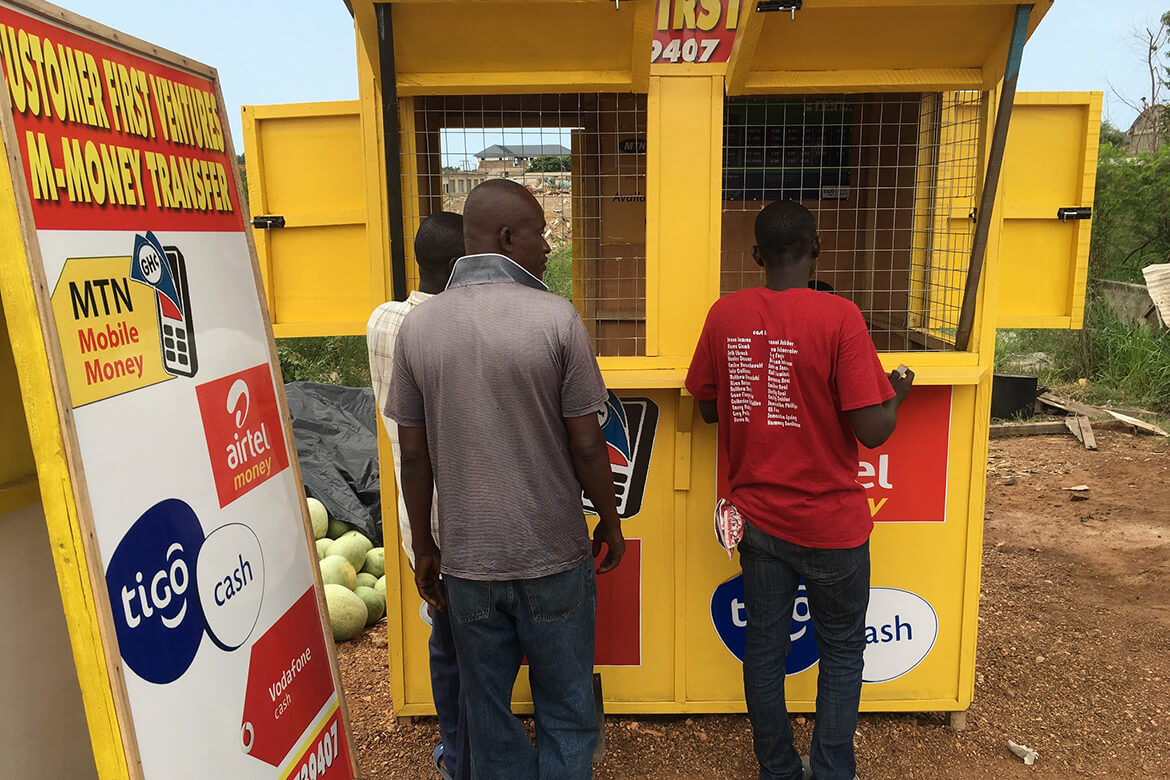The President of Association of Telecoms Companies of Nigeria (ATCON), Engineer Olusola Teniola has opened up on his observations considering the level of seriousness in driving Nigeria’s broadband penetration between former President Goodluck Jonathan administration and current government of President Muhammadu Buhari.
In an interview, he said “For example, the Right of Way (RoW) is in the hands of the state governors and the former Minister of Communications and Technology, Dr. Omobola Johnson, approached the National Executive Council (NEC) and the governor’s forum. I was part of that team and we did discuss how we can revisit the exorbitant cost of Right of Way”.
The Chief Executive Officer of Internet Solutions Nigeria Limited further revealed that “The discussions were fruitful and it meant the RoW was reduced by the previous government administration in Lagos State. Others were still considering it but the idea is that you don’t wait for all the 35 governors to say yes. You start somewhere and others will follow. There was traction and that traction has not been forthcoming in this administration. It is unfortunate but that is the reality.
Continuing, Teniola argued that “The National Broadband Plan was about how we can fulfill the Nigerian vision 2020 mandate on the Sustainable Development Goals and one of the areas is that the productivity of a country is increased if you facilitate it by rolling out broadband infrastructure that facilitates services like e-health, e-medicine, e-commerce, etc.
“That was the focus not that we expect 2,000 or 10,000 kilometres of fibre to be rolled out. That is not the essence. The essence is that there is an underlying platform that enables these services to be realized. We can have the agencies that are responsible for that and the legislators or executive arm of the government, then we approach them to enable that to be achieved.
Though we have 21 per cent as best at the moment, but we still have the gap of nine per cent to be able to get to the 30 per cent. Remember, 30 per cent was an arbitrary figure and was deemed possible if certain conditions were met.

Rolling out the conditions, ATCON boss averred that “The Right of Way should be at a price that is amenable, the national backbone network will be put in place, all infracos would have already been licensed and rolling out, spectrum will be available and other things related to how government can allow an enabling environment that protects the broadband infrastructure”.
“One particular area that I will like to point out is the digital literacy, because the demand side is equally important as the supply side. We can have all needed infrastructure and the 774 Local Government Areas will not be able to utilise it. It is basically improving the education system from the digital literacy perspective and also having the infrastructure implemented. When supply meets demand, we have the productivity that increases our Gross Domestic Product every year.
He said “That was the view in 2012 and it was approved in 2013. Right now in 2017, we only have two infracos licensed; we have zero implementation of those two licences; we have five outstanding licences yet to be publicly announced and we are at the end of 2017. We have reached 21 per cent within the period of five years and we have a year to the end of 2018 and there are a lot of headwinds, challenges and hurdles to cross in order to achieve 30 per cent, even though we are hearing a lot of optimistic and enthusiastic sound bits from our regulator, but the reality on ground is that there are lots of issues to still be resolved.









